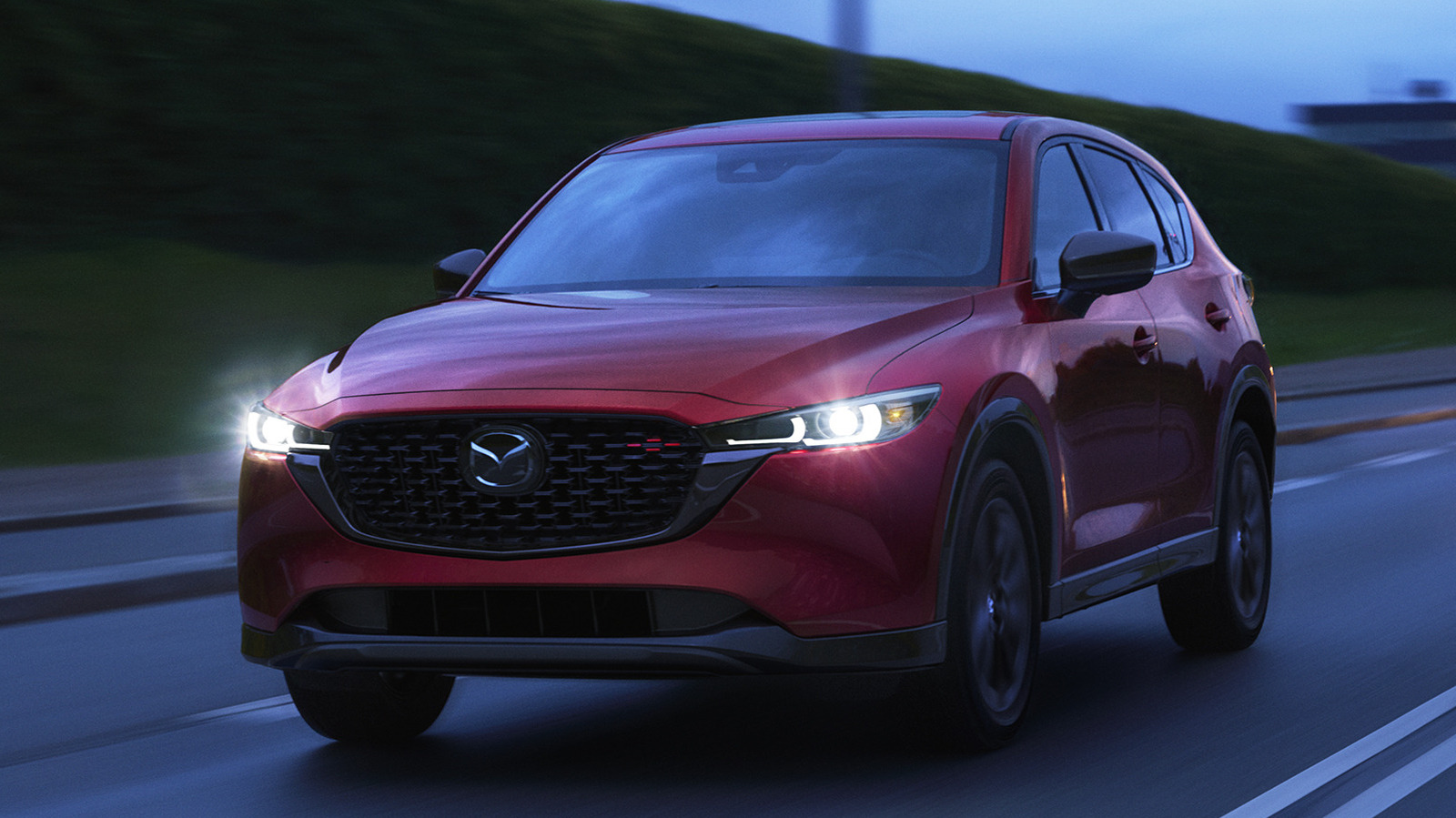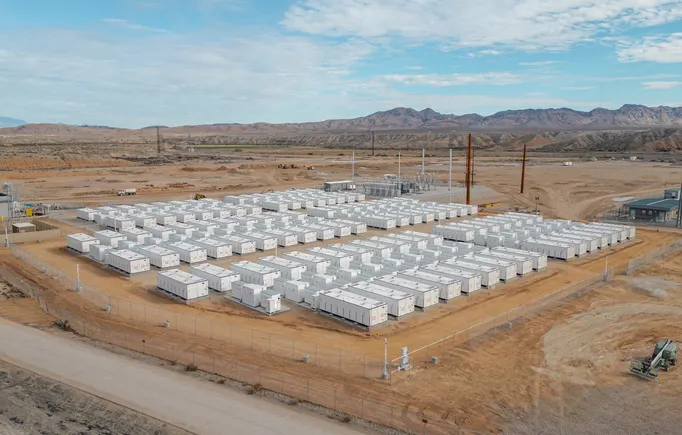Carriers with mainly medium-size trucks want out from under FMCSA oversight
The FMCSA would be a more efficient regulator if it changed the definition of “commercial motor vehicle,” a group representing small carriers asserts. The post Carriers with mainly medium-size trucks want out from under FMCSA oversight appeared first on FreightWaves.

WASHINGTON — Small businesses are unfairly burdened by the Federal Motor Carrier Safety Administration due to the agency’s oversight of medium-size trucks, a group representing such carriers has told the agency.
In comments filed with the U.S. Department of Transportation, the National Federation of Independent Business (NFIB), a nonprofit group that advocates for policies supporting small companies, asserted that FMCSA specializes in regulating long-distance trucking, a sector in which relatively few small business owners are involved.
“Small business owners who own one or two medium trucks are wrapped up in a regulatory regime designed for long-distance trucking,” NFIB stated.
“Many of NFIB’s members use medium trucks for short-range deliveries, hauling tools and materials to and from worksites. Regulating medium trucks as commercial motor vehicles currently places a significant and unnecessary regulatory burden on small businesses.”
DOT can ease that burden, NFIB argues, by changing the definition of “commercial motor vehicle” as part of the Trump administration’s effort to eliminate what it considers to be duplicative and unnecessary regulations. The deadline for submitting suggestions and comments towards that effort is Monday.
In its deregulation request, NFIB points out that DOT, through FMCSA, currently regulates commercial vehicles used in interstate commerce with a gross vehicle weight (GVW) rating of 10,001 pounds or greater.
But many vehicles weighing 10,001-26,000 pounds – classified as medium trucks – are owned and operated by smaller business owners.
The group therefore proposes eliminating this class of truck from the definition of “commercial motor vehicle” in federal regulations, with exceptions for those used to transport hazardous materials that have warning placard requirements, 16 or more passengers (including the driver), and passengers for hire.
To support its argument, NFIB stressed that under the current regulations, businesses that operate medium trucks must comply with “many confusing technical requirements,” including:
- Health cards for each driver.
- USDOT number.
- Hours-of-service records.
- Vehicle inspection sticker.
- Accident register.
- Driver’s application for employment.
- Inquiry to previous employers.
- Annual driving record.
- Annual driver’s certification of violations.
- Driver’s road test certificate.
“These requirements are extremely time-consuming and expensive for a small business, which typically does not employ a compliance officer,” the group told DOT. “Being out of compliance with the regulations could place the business owner and driver at risk of civil and criminal penalties.”
DOT costs exceed benefits?
NFIB also said the current regulation of medium trucks is “a drain on DOT resources,” noting that the majority of FMCSA’s roadside inspections are of vehicles 26,001 pounds or greater.
It cited FMCSA data showing that since 2021, just over 500,000 of its more than 3 million roadside inspections are trucks in the 10,000-to-26,000-pound range.
“That represents both a small percentage of the agency’s overall number of inspections – just over 16% – and a large expenditure of resources, as 500,000 inspections, not to mention the monitoring of medium trucks, surely comes at a cost,” the group said.
“It would be a better use of DOT’s resources to monitor the behavior of a smaller number of companies that operate heavy trucks rather than attempting to sustain compliance from hundreds of thousands of individual businesses that operate medium trucks. By eliminating the need to regulate medium trucks, FMCSA will more effectively regulate the industry.”
Related articles:
- Watchdog calls out lax FMCSA oversight of $2B in grant money
- FMCSA extends trucking company’s sleeper berth exemption
- Feds respond to egg shortage by easing truck driver work rules
Click for more FreightWaves articles by John Gallagher.
The post Carriers with mainly medium-size trucks want out from under FMCSA oversight appeared first on FreightWaves.





















































































































































